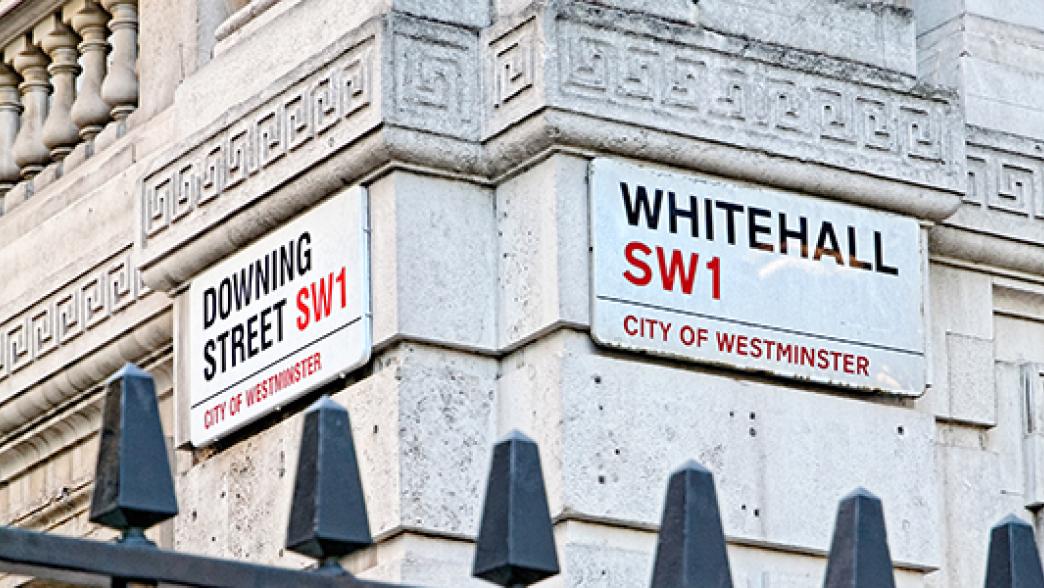Report
Becoming a junior minister
How junior ministers can make the most of their time in office.

How junior ministers can make the most of their time in office.

Conservative MPs who want to become Prime Minister must face the practical challenges of being head of government.
MPs with ambitions of being put in charge of a department must prepare, plan and set priorities now if they want to make an impact.
Why the centre of government has failed successive prime ministers – and seven recommendations for radical reform.
Almost a third of UK regulators have not been scrutinised by parliament since the 2019 general election.